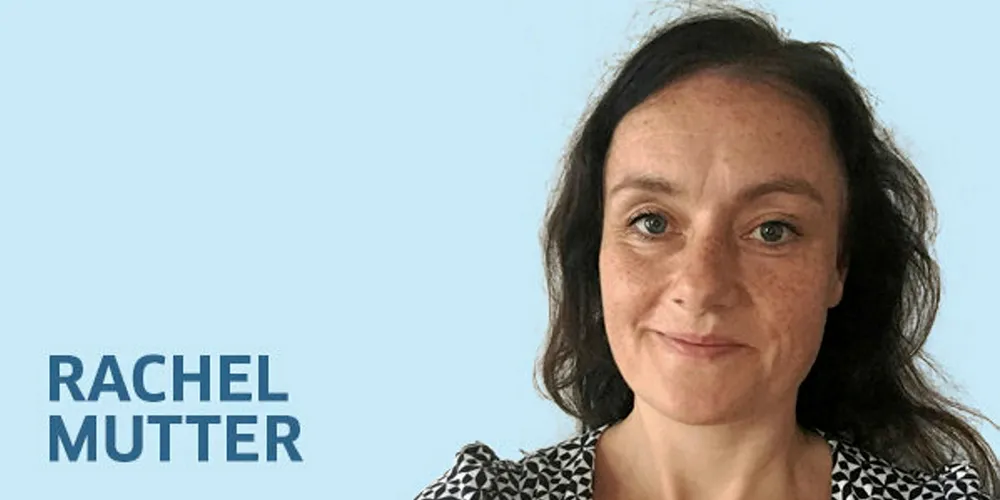Will coronavirus stop land-based aquaculture's runaway investments?
Long-term food production with a huge capital investment threshold and no immediate returns seems unlikely to hit the mark with investors in this new coronavirus-tainted world.

Long-term food production with a huge capital investment threshold and no immediate returns seems unlikely to hit the mark with investors in this new coronavirus-tainted world.
